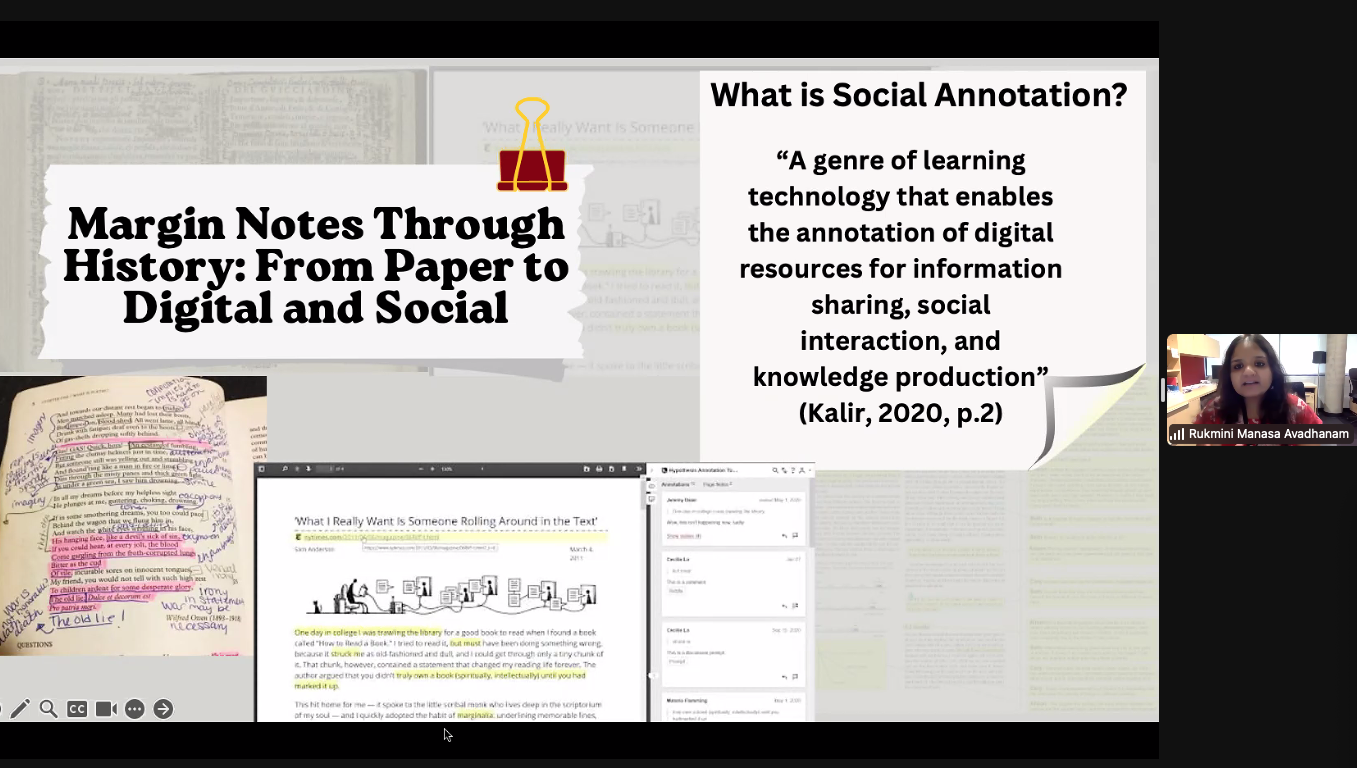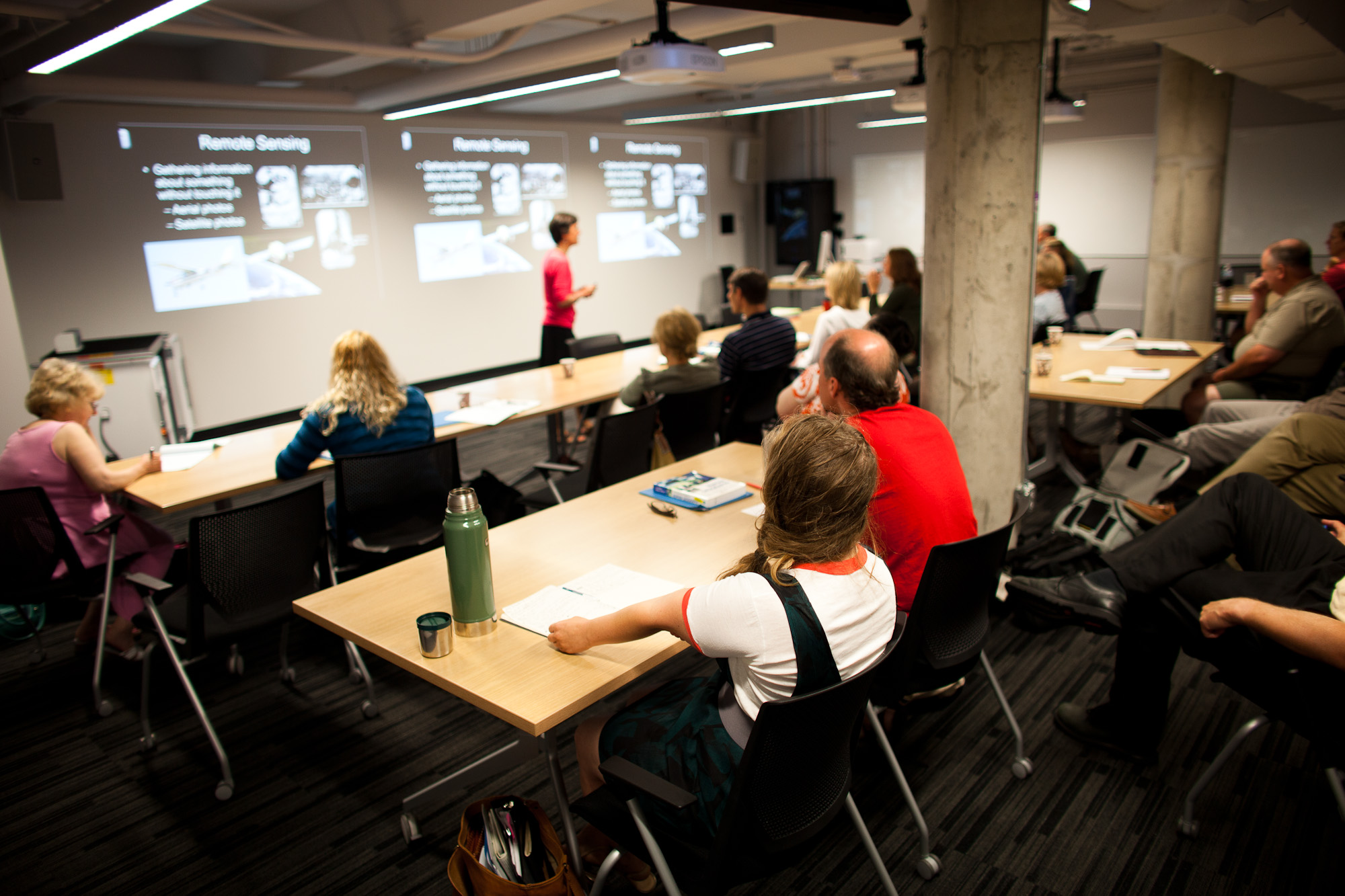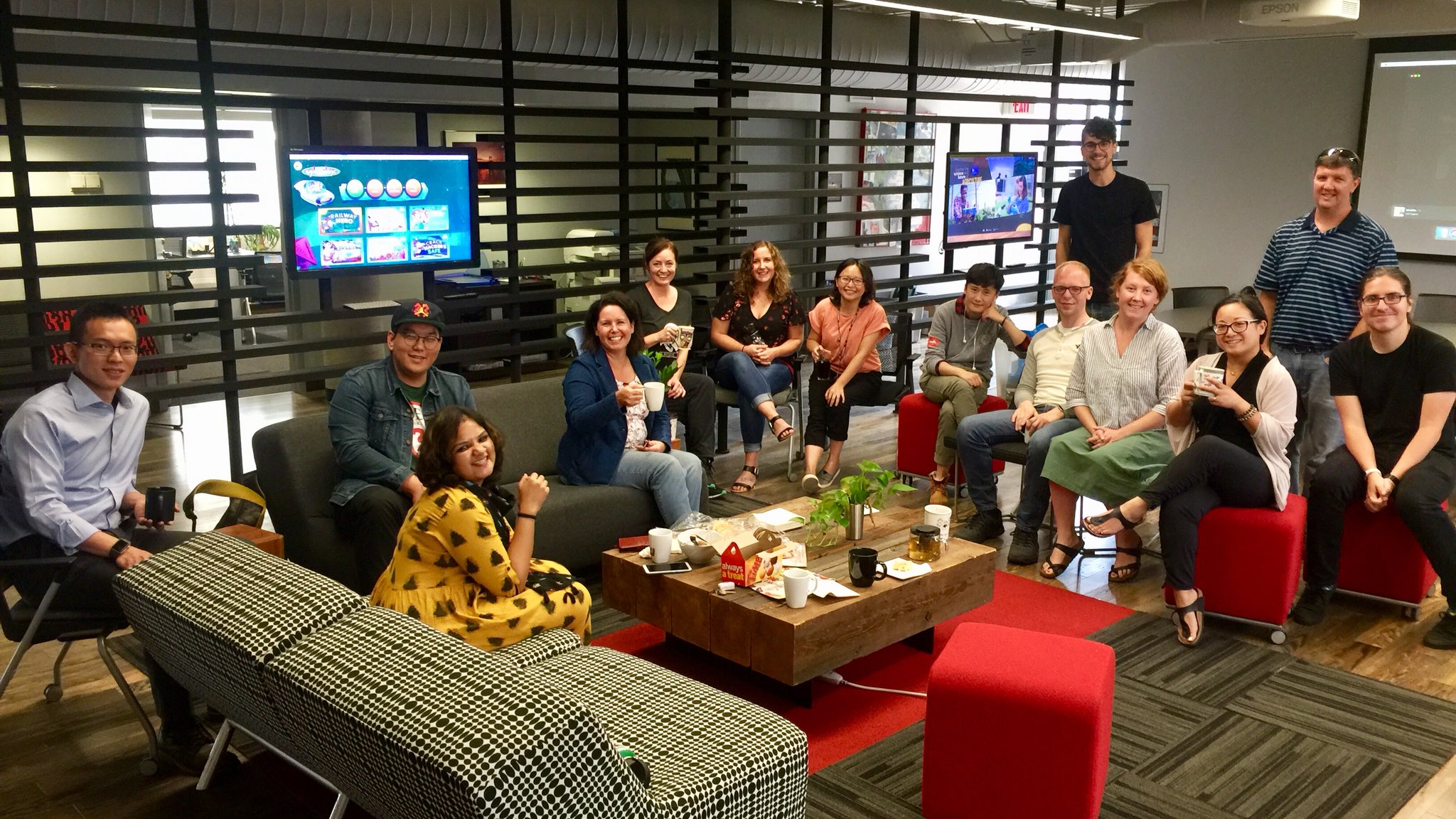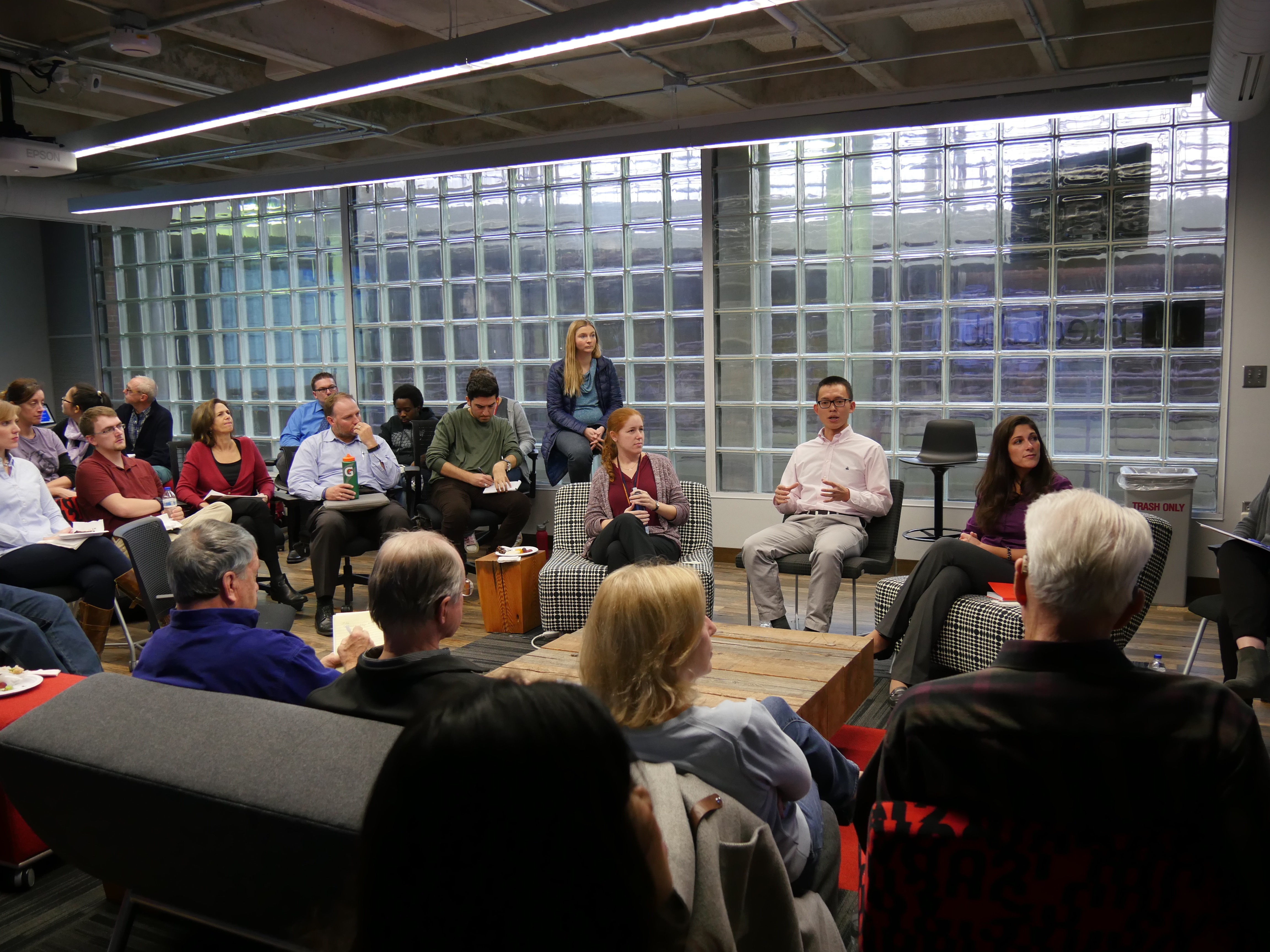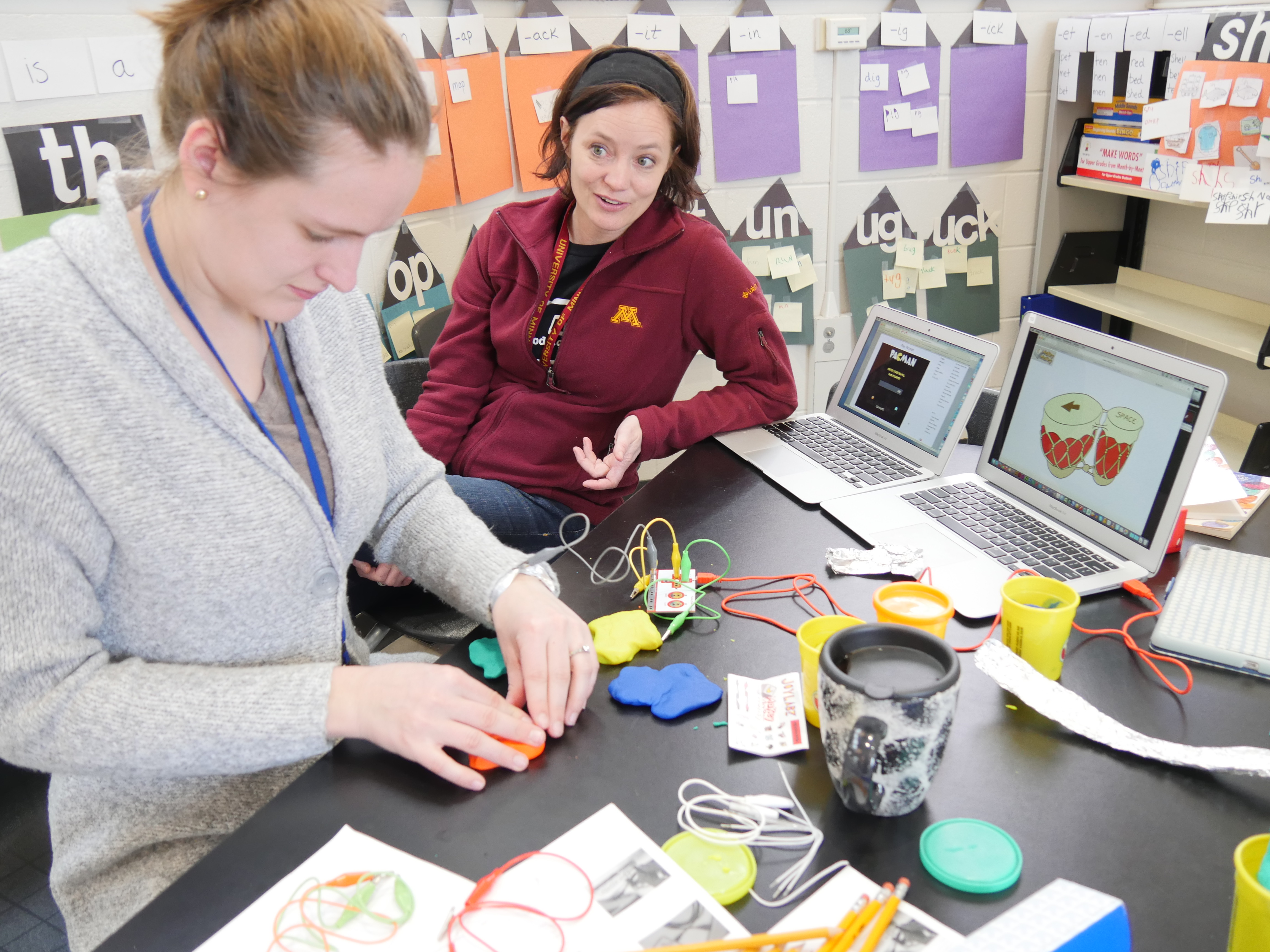Dr. Rukmini M Avadhanam successfully defended her dissertation titled, “Meeting Students in the Margins: Exploring the Use of Social Annotation by Undergraduate Online Instructors" via Zoom on October 24, 2023. Her families, colleagues, faculties, and both current and former classmates joined together virtually as she presented her disseration research.
Abstract:
Krouska et al. (2018) define annotation as “remarks that are attached to specific parts of a document” (p.1). Studies on digital collaborative annotation technologies developed what is currently referred to as social annotation (SA). SA tools like Hypothes.is allow users to highlight and annotate texts and documents online, and respond to others’ annotations via text, sharing links of documents, audio, or video. Research on SA in higher education online learning has increased exponentially in the past two decades. However, this rich body of literature mainly studied the evaluation of SA tools and their effectiveness on student-related measures. However, very few studies discuss instructors’ perspectives, and their use of social annotation. There needs to be more knowledge about the processes and challenges instructors face in using and implementing social annotation in undergraduate online courses. The lack of studies on instructor perspectives on social annotation makes it challenging to understand the teaching, assessment, and participation strategies that effectively achieve the course objectives, improve student learning outcomes, and engage students in learning. This study aims to understand how and why instructors use social annotation to achieve their pedagogical goals, the processes behind the thoughtful and intentional design of social annotation activities for their online classes and their perception of how it impacts student learning experiences.
This qualitative, descriptive case study delves into instructors’ design and pedagogical processes in using social annotation tools for their completely online, undergraduate courses. The findings of this study illustrate rich descriptions of instructor design and implementation processes of five instructors teaching online courses in two modalities, asynchronous and synchronous. It details how the course objectives, context, design and pedagogical processes influence learner participation in various social annotation activities. Thematic analysis of qualitative data sources also elaborate that instructors use social annotation tools to create an authentic, collaborative learning community for student discussion, and to ensure student perspectives are more visible. Instructors’ design and pedagogical processes like providing guiding prompts, participation-based assessment strategies, instructor participation to further student discussion are also evident. The study’s implications indicate how there should be more focus on instructor use of learning technologies, support them institutionally with professional development, and communities of practice.
